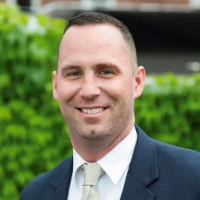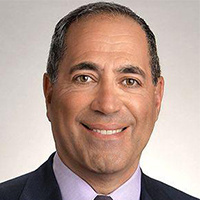Cropseyville Felony Lawyer, New York
Sponsored Law Firm
-
 x
x

Click For More Info:
-
Cohen & Bernstein, L.L.C.
1360 Clifton Ave #309 Clifton, NJ 07012» view mapCriminal Defense We’re In this Together!
We work hand in hand with our clients to ensure all of your questions are answered and progress through your legal issue is seamless.
800-978-7341
Not enough matches for Cropseyville Felony lawyer.
Below are all Cropseyville Criminal lawyers.
John F. Harwick
✓ VERIFIEDJohn Harwick is a top-rated personal injury lawyer practicing in upstate New York. www.joneshacker.com
Ryan M. Finn
✓ VERIFIEDAttorney Ryan Finn of Finn Law Offices has worked for big law firms and he knows how they approach a legal conflict. He is well known and well respect... (more)
Donald W. Boyajian
✓ VERIFIEDDonald W. Boyajian has been practicing law for over 35 years and is the Managing Partner of the firm. Don is a life-long resident of the Capital Regio... (more)
James E. Tyner
R. Scott Thomson
FREE CONSULTATION
CONTACT Lindsay Bernstein Clifton, NJ
Lindsay Bernstein Clifton, NJ Practice AreasExpertise
Practice AreasExpertise




